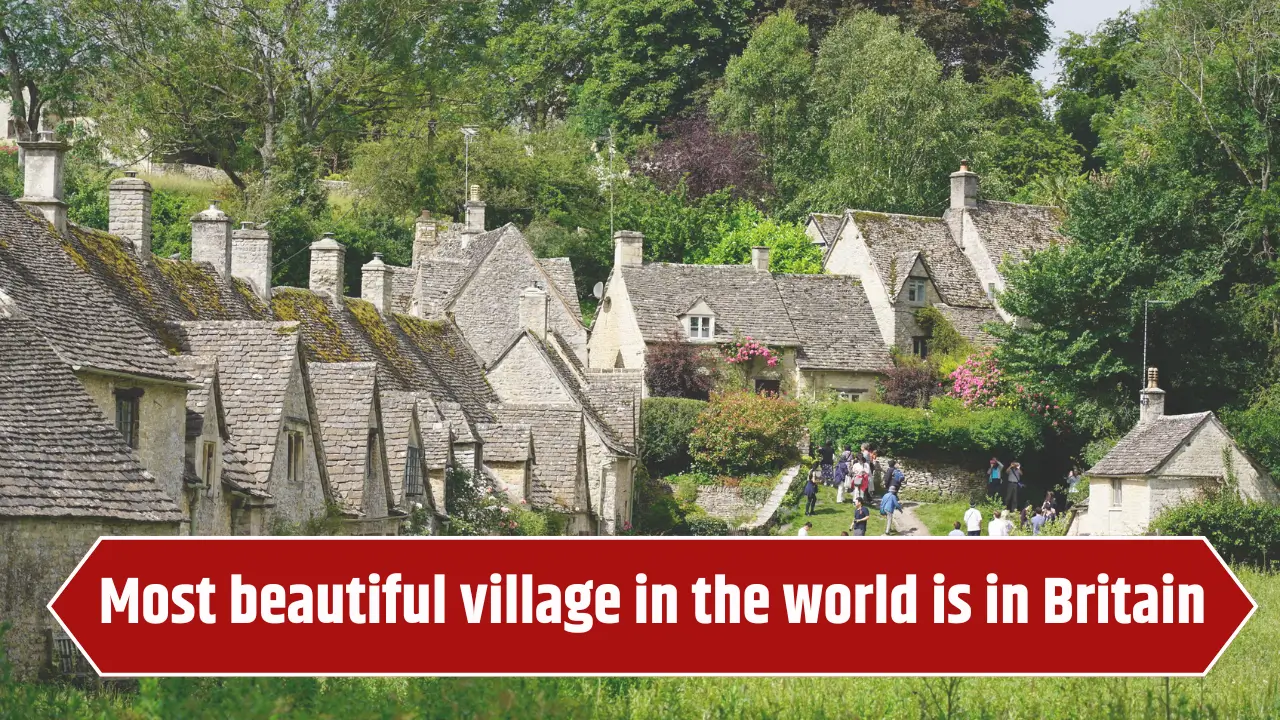ATEDEC is a non-political, non-religious, and not-for-profit African NGO headquartered in Kigali, Rwanda. Since its establishment in 1994, ATEDEC has played a vital role in rebuilding lives after the Rwandan genocide, focusing on humanitarian relief, resettlement, reintegration, and community development. Its legal foundation, humanitarian focus, and social commitment make it a cornerstone in Rwanda’s post-conflict reconstruction and long-term development.
This article provides an in-depth look at ATEDEC’s origins, mission, vision, operations, key programs, and impact, while also exploring the broader context of NGO work in Africa.
Historical Background of ATEDEC
Founding and Legal Approval
- Founded: November 1994 in Rwanda, soon after the genocide that devastated the nation.
- Approved to Operate: Under legal personality No. 801/06.01 dated 12th April 1995.
- Publication: Officially published in the Government Gazette of Rwanda on 15th July 1999.
- Start of Operations: April 1995.
The NGO emerged as a direct response to urgent humanitarian needs, especially for displaced families, returnees, and orphans who had lost their homes and livelihoods during the conflict.
Mission and Vision of ATEDEC
Mission
To support communities in Rwanda through humanitarian aid, development programs, resettlement efforts, reintegration of displaced populations, and long-term capacity building.
Vision
A peaceful and self-reliant society where individuals and families enjoy social justice, stability, and sustainable livelihoods.
Core Values
- Neutrality: Free from political and religious influence.
- Inclusivity: Serving all individuals regardless of ethnicity, gender, or background.
- Humanity: Prioritizing vulnerable groups such as displaced families, orphans, widows, and marginalized communities.
- Accountability: Transparent use of resources to maximize community benefit.
- Sustainability: Promoting long-term, self-reliant community development.
Timeline of Development
| Year | Key Milestones |
|---|---|
| 1994 | ATEDEC founded in Kigali, Rwanda. |
| 1995 | Approved to operate legally; humanitarian relief and resettlement programs launched. |
| 1996-1999 | Expanded work in reintegration of displaced families and rehabilitation of war-affected communities. |
| 2000s | Introduced education, health, and women’s empowerment programs. |
| 2010s | Strengthened focus on youth training, vocational skills, and sustainable agriculture. |
| 2020s | Continued social programs with added resilience and climate adaptation strategies. |
Key Focus Areas of ATEDEC
ATEDEC’s programs span emergency response, community rehabilitation, and long-term development. Below are the primary domains:
1. Humanitarian Assistance
- Distribution of food, clothing, and emergency relief supplies.
- Medical care for victims of violence and displaced families.
- Psychological and social support for genocide survivors.
2. Resettlement and Reintegration
- Housing construction for displaced families and returnees.
- Support for land access and shelter improvements.
- Facilitating reintegration into local communities.
3. Education and Child Development
- Building and supporting primary and secondary schools.
- Providing school supplies and uniforms for vulnerable children.
- Scholarship programs for orphans and marginalized youth.
4. Health and Well-Being
- Promoting community health initiatives.
- Supporting maternal and child healthcare.
- Raising awareness on HIV/AIDS prevention.
5. Women Empowerment
- Training women in entrepreneurship and vocational skills.
- Microcredit programs for widows and female-headed households.
- Advocacy for women’s rights and gender equality.
6. Youth Development
- Vocational training in trades such as carpentry, tailoring, and mechanics.
- Sports and cultural activities for social integration.
- Leadership and civic education for young people.
7. Sustainable Agriculture
- Supporting small-scale farmers with seeds and tools.
- Promoting climate-smart agriculture.
- Establishing farmer cooperatives.
Structure and Governance of ATEDEC
Organizational Structure
ATEDEC operates under a transparent and participatory governance system.
| Level | Role |
|---|---|
| Board of Directors | Provides strategic direction and ensures compliance with laws. |
| Executive Director | Oversees daily operations and represents the organization. |
| Program Managers | Manage specific projects (health, education, agriculture, etc.). |
| Field Officers | Implement programs at the community level. |
| Volunteers | Support fieldwork and community engagement. |
Decision-Making Principles
- Collective participation.
- Community involvement.
- Evidence-based planning.
Impact of ATEDEC in Rwanda
ATEDEC has made a measurable difference in multiple sectors:
Social Impact
- Assisted thousands of displaced families to resettle.
- Provided psychosocial support to genocide survivors.
- Rebuilt community trust and social cohesion.
Economic Impact
- Created vocational opportunities for youth and women.
- Enabled access to microcredit for small entrepreneurs.
- Boosted agricultural productivity among rural families.
Educational Impact
- Sponsored education for vulnerable children.
- Improved literacy and school enrollment in rural areas.
- Established community learning centers.
Health Impact
- Improved maternal and child health outcomes.
- Raised awareness of communicable disease prevention.
- Expanded healthcare outreach to remote villages.
ATEDEC’s Programs in Detail
A. Resettlement and Reintegration Program
- Objective: To provide displaced populations with safe housing, land, and community acceptance.
- Achievements:
- Construction of homes for returnees.
- Land distribution and settlement support.
- Community dialogues to reduce stigma.
B. Education for All Program
- Objective: To ensure that children affected by conflict and poverty have access to education.
- Activities:
- Distribution of uniforms and supplies.
- Teacher training programs.
- Partnerships with schools for quality learning.
C. Women Empowerment Initiative
- Objective: To uplift widows and vulnerable women through economic independence.
- Activities:
- Skill development (tailoring, basket weaving, small business).
- Microfinance support.
- Gender rights advocacy.
D. Youth and Vocational Training Program
- Objective: To prevent unemployment-driven poverty by equipping youth with marketable skills.
- Areas of Training: Carpentry, mechanics, tailoring, ICT, agriculture.
- Impact: Thousands of youth have gained jobs or started businesses.
E. Community Health Program
- Focus Areas:
- Maternal health and safe childbirth.
- Nutrition programs for children.
- HIV/AIDS and malaria prevention campaigns.
Challenges Faced by ATEDEC
Despite its achievements, ATEDEC faces challenges typical of grassroots NGOs:
- Funding Limitations: Dependence on donor support restricts program expansion.
- Rural Accessibility: Remote communities are difficult to reach with resources.
- High Demand: Post-genocide trauma and poverty create overwhelming needs.
- Climate Change: Affecting food security and rural livelihoods.
- Youth Unemployment: Growing numbers of young people needing opportunities.
Strategies for Overcoming Challenges
ATEDEC employs several strategies to address these challenges:
- Diversifying funding sources through partnerships and grants.
- Expanding volunteer networks for rural outreach.
- Building local capacity to ensure community ownership.
- Promoting sustainable farming to address climate-related issues.
- Scaling up vocational training for youth employability.
Future Goals and Plans
ATEDEC envisions a stronger role in Rwanda’s sustainable development over the coming decade.
Strategic Goals
- Expand education programs to reach more children.
- Strengthen women’s cooperatives for economic independence.
- Launch more climate-smart agricultural initiatives.
- Deepen partnerships with international humanitarian organizations.
- Advocate for stronger social protection policies in Rwanda.
Contribution to Rwanda’s National Development
ATEDEC’s work aligns with Rwanda’s Vision 2050 and the Sustainable Development Goals (SDGs).
| ATEDEC Program | Relevant National/Global Goal |
|---|---|
| Education for All | SDG 4 – Quality Education |
| Women Empowerment | SDG 5 – Gender Equality |
| Youth Vocational Training | SDG 8 – Decent Work and Economic Growth |
| Sustainable Agriculture | SDG 2 – Zero Hunger |
| Community Health | SDG 3 – Good Health and Well-Being |
| Resettlement and Reintegration | SDG 11 – Sustainable Cities and Communities |
Conclusion
ATEDEC has been a pillar of hope in Rwanda since 1994, helping rebuild lives shattered by conflict while laying the foundation for sustainable community development. Its neutral, inclusive, and humanitarian approach ensures that vulnerable populations receive the support they need to thrive.
As Rwanda continues to move forward, organizations like ATEDEC play an indispensable role in achieving long-term peace, stability, and prosperity. The NGO’s holistic focus on resettlement, education, health, women empowerment, youth development, and sustainable agriculture illustrates how grassroots initiatives can align with national development goals and global humanitarian priorities.
ATEDEC’s journey demonstrates the power of resilience, solidarity, and community-driven development in transforming a nation once torn apart by conflict into a society striving for equality and sustainability.







